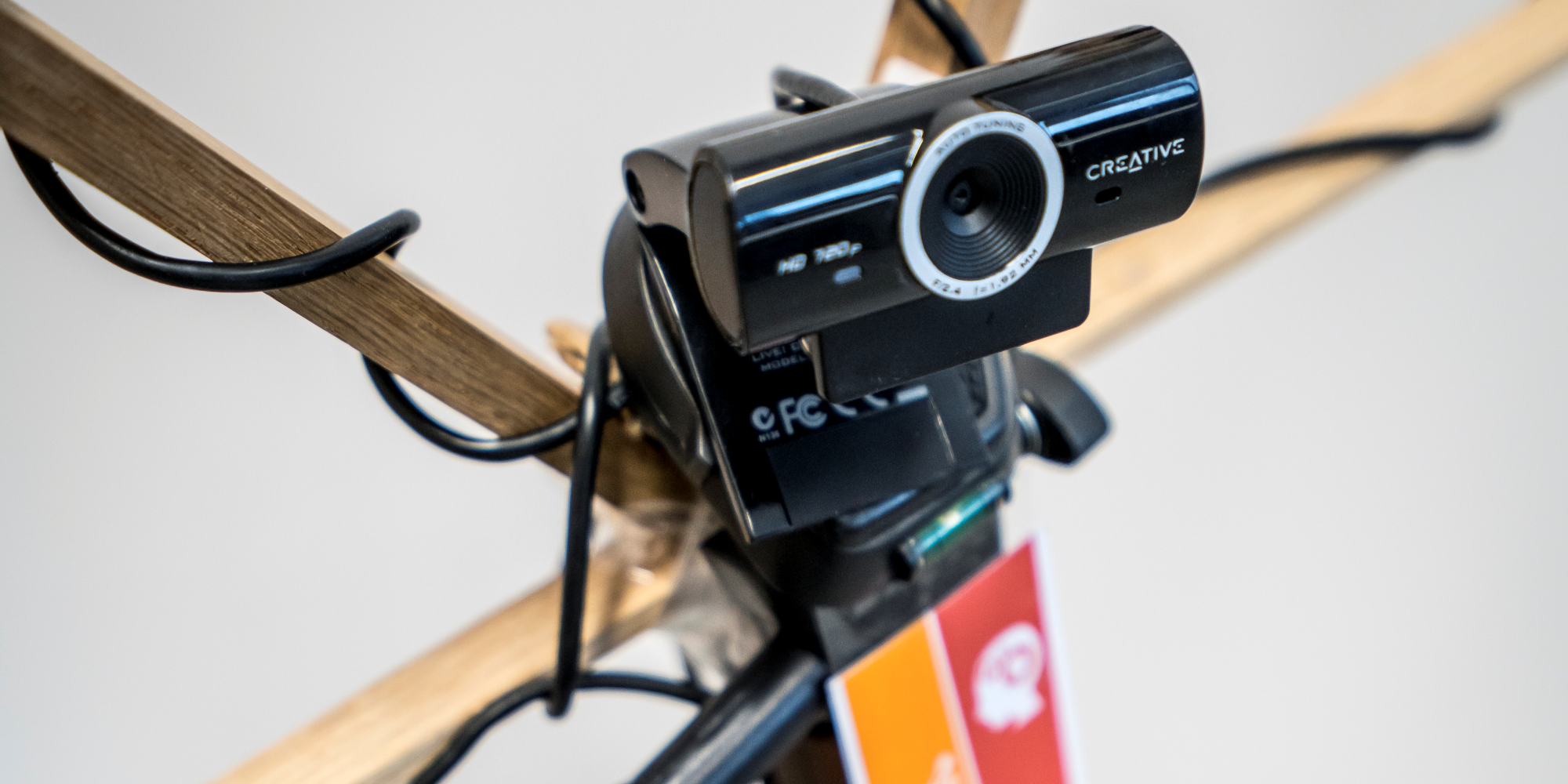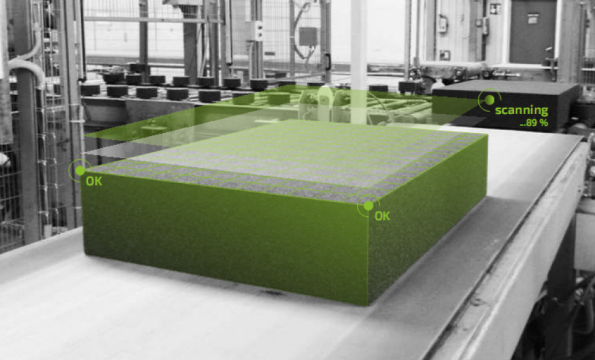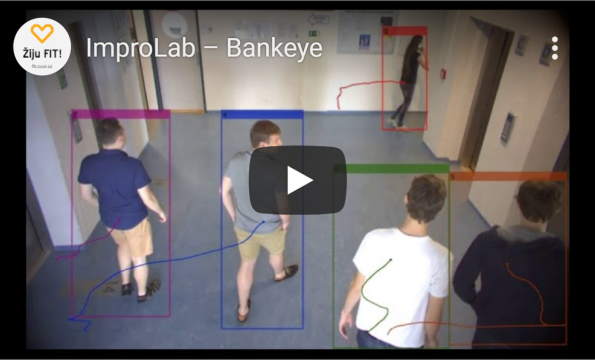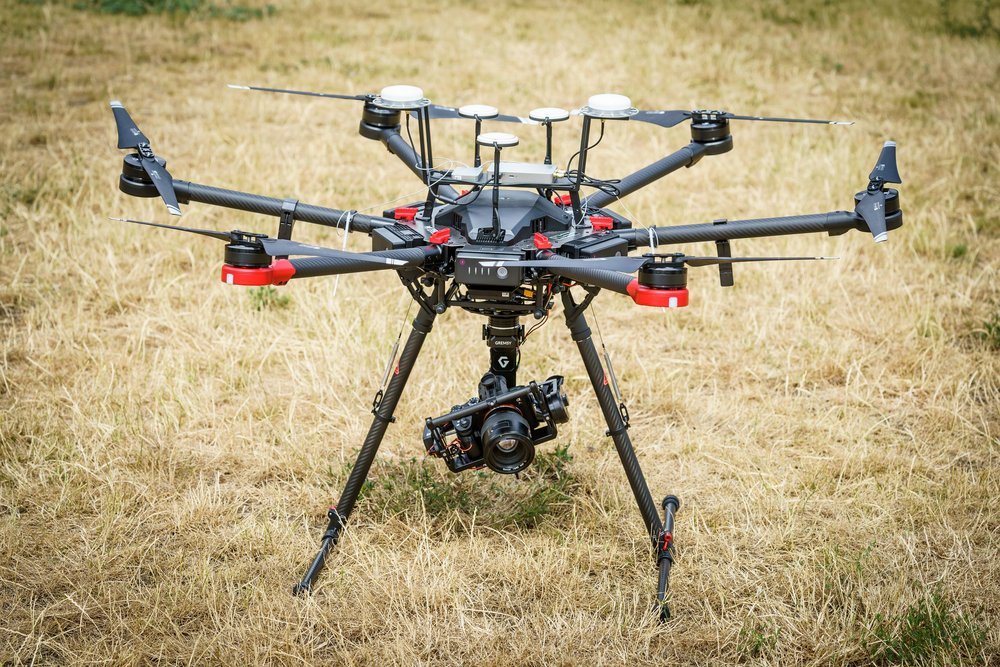We have made applications for checks of surface defects of insulation panels and glass boards. We are able to create applications in the field of camera detection of objects for robot guidance or measuring of products’ dimensions and irregularities.
By a one-off measurement that takes a few days or weeks, we are able to survey an area where people (or other objects) are moving, and using so-called heat maps visualize parts of rooms according to the probability of occurrence of people in time. This kind of data is useful for determining the occupancy of space or predicting possible collisions between objects.




